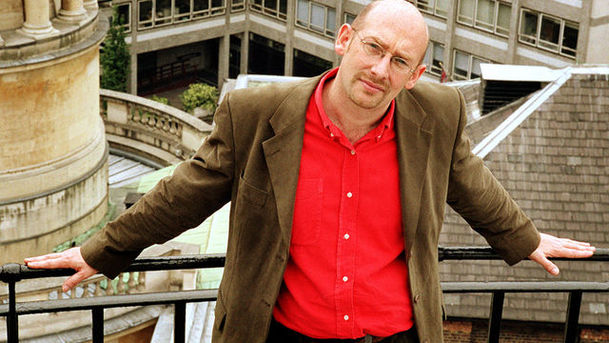Material World - 02/04/2009

Quentin Cooper talks to explorer Pen Hadow from his Arctic ice expedition. 2009 marks the fortieth anniversary of the first surface survey of the northern polar ice, led by Sir Wally Herbert. Almost in his footsteps, Hadow is currently trying to reach the North Pole on foot, carrying out a similarly scientific survey. He speaks from the shifting floes where he and his team are currently measuring this year's ice melt. Sir Wally's daughter Kari Herbert tells us about her father's achievements and legacy, and Dr Seymour Laxon of UCL tells of forthcoming attempts to check ice thickness from space, namely Cryosat 2. As leaders of the G20 leading industrial nations meet in London to discuss recovery packages for the world's economies, we ask what science can do to help end the global recession. Historian Eric Rauchway has been looking back to the Great Depression of the 1930s, the attempts to use science to bolster the measures of Franklin Roosevelt's reflationary New Deal, and how the New Deal laid the groundwork for post-war science policy. Sir Martin Taylor explains the thinking behind the Royal Society's Fruits of Curiosity enquiry, announced this week to establish the role of science in the UK economy. And 4.00pm on 2 April 2009 marks the beginning of '100 Hours of Astronomy', one of the key events in 2009's International Year of Astronomy. More than 1,500 public events in 130 countries make up this three-day sequence. Co-chair Douglas Pierce-Price tells Quentin about it from ESO in Germany.